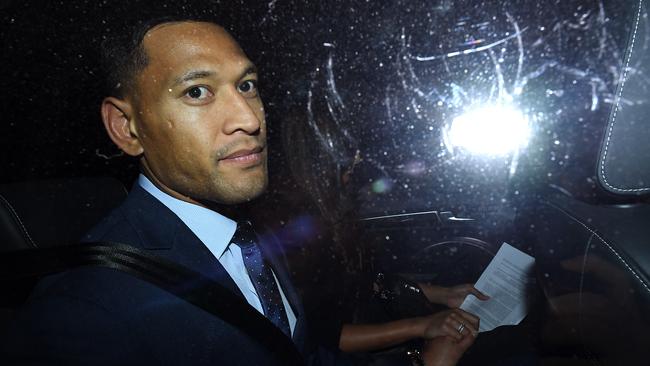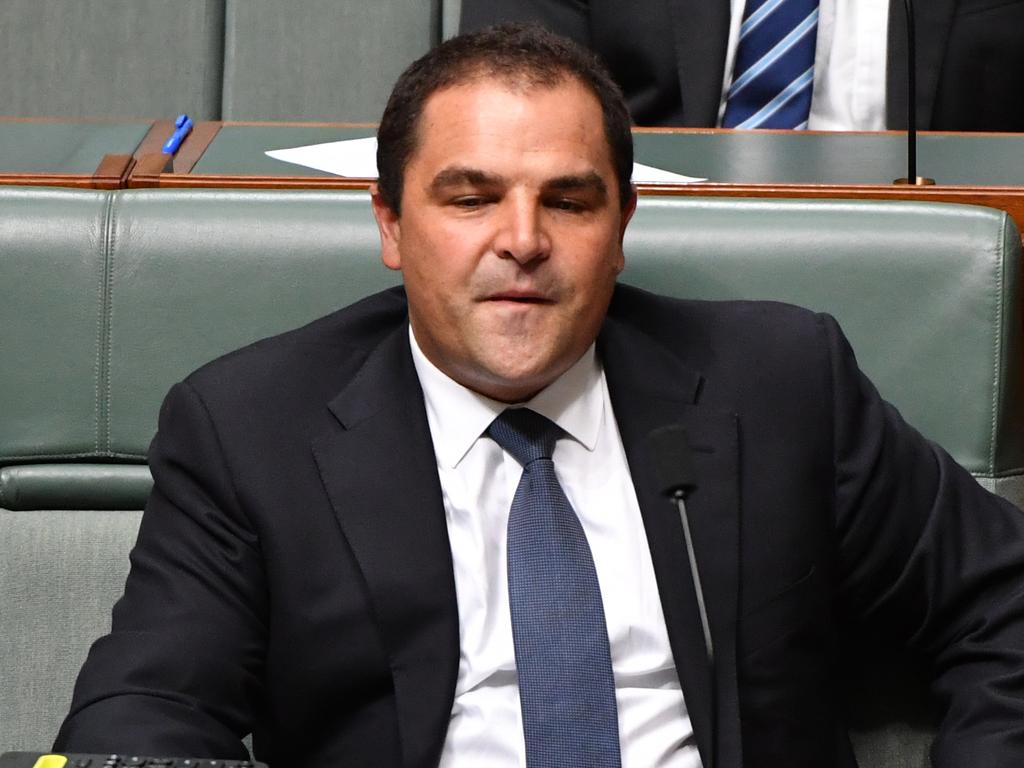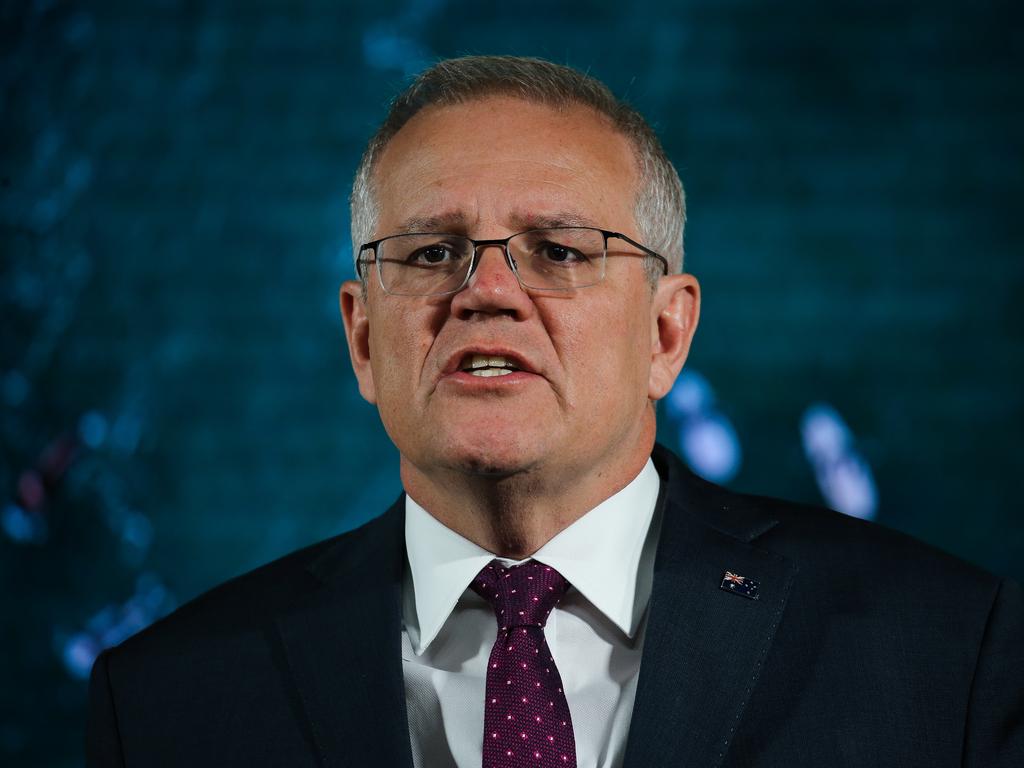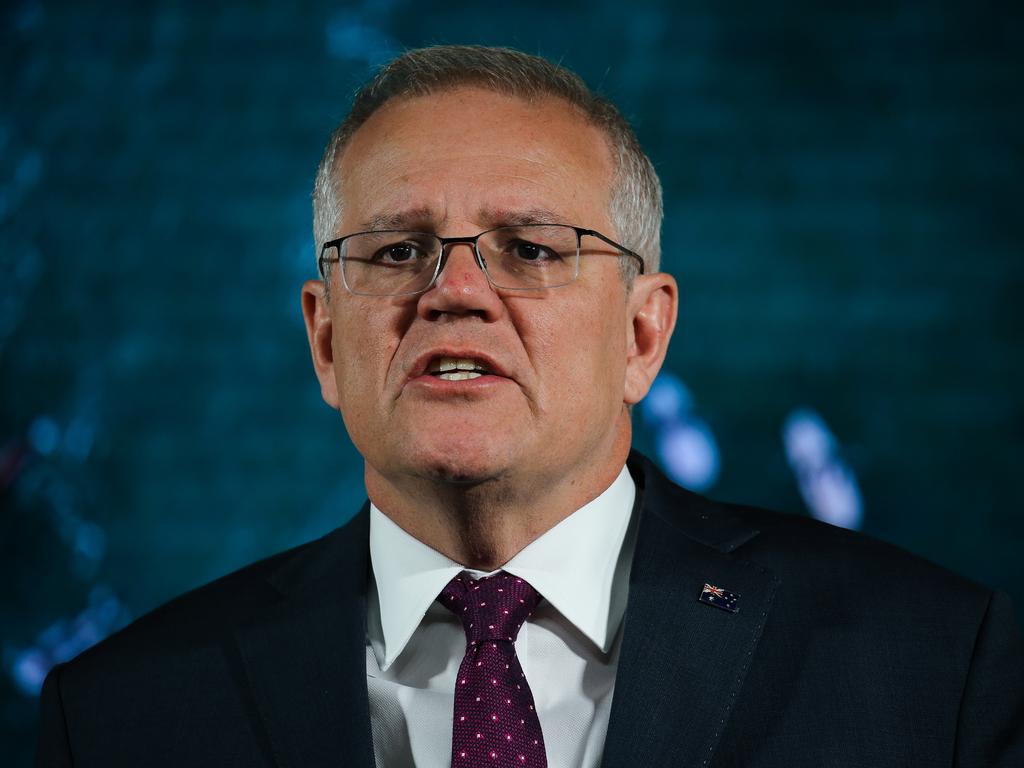There are better ways to protect religious freedom

Reconciling these positions has proved impossible thus far, and it is clear that this bill again fails to find common ground.
A focal point of debate is the proposal to give special protection to statements of belief. These include a person speaking about the spiritual basis of their faith through to what their doctrine says about other religions or the place of women and same-sex couples in our society. The protection afforded to statements of belief would not extend to other speech unconnected to religion, such as artistic expression, political commentary or matters of conscience.
The latest bill gives significant ground to those who oppose protection for statements of belief. Most obviously, the government has jettisoned the attempt to protect the speech of someone such as Folau. He said in a 2019 social media post: “Warning. Drunks, homosexuals, adulterers, liars, fornicators, thieves, atheists, idolators. Hell awaits you. Repent! Only Jesus saves.” Rugby Australia responded by terminating his contract for breaching the players’ code of conduct.
Earlier versions of the bill might have prevented Folau’s dismissal. This is no longer the case as the clause placing obligations on employers has been removed. The bill also excludes protection for any statement of belief that a “reasonable person” considers “would threaten, intimidate, harass or vilify a person or group”. Folau’s comment may fail this test because a reasonable person might view it as threatening or vilifying a long list of groups.
The result of this third round of drafting is a bill that fails to satisfy those who want legal protection for people such as Folau. It also has provoked strong opposition from people who feel it goes too far. Advocacy groups have made clear that they will resist the attempt to exempt statements of belief from state and federal anti-discrimination laws, including those that protect people on the basis of their age, disability, gender, sexual orientation or race.
Opposition also may emerge on free speech grounds. Australia needs stronger protection of freedom of speech, but it is not clear why religious communication should be elevated for special protection over other expression. It is wrong to use the law to prioritise one form of speech over another when a robust democracy depends on all points of view having an equal chance to be put forward.
The result is a bill that may attract lukewarm support from some quarters and outright hostility from others. A broader problem is that the government has tied itself in legal knots. Its attempt to navigate the fraught politics of this issue has produced a 68-page bill with significant legal complexity. The legislation is full of shades of grey, unclear terms and doubts as to its scope.
An example is uncertainty about what it means to act in accordance with beliefs of a particular faith, especially when this may be a point of contention within the religion itself. In the absence of parliament providing clarity, fundamental issues will be left to courts to resolve. Too often, questions of religious freedom will be left mired in expensive litigation.
The complexity and compromises evident in the bill also may be its downfall on constitutional grounds. The federal parliament does not have a general power to pass laws on matters of religion. Instead, it has an “external affairs” power that permits it to implement international treaties and conventions to which Australia is a party. It must do so in ways that conform to these international instruments.
The primary hook for this bill is article 18 of the International Covenant on Civil and Political Rights. It states in direct language: “Everyone shall have the right to freedom of thought, conscience and religion. This right shall include freedom to have or to adopt a religion or belief of his choice, and freedom, either individually or in community with others and in public or private, to manifest his religion or belief in worship, observance, practice and teaching.”
The government has moved a long way from implementing article 18. Its bill includes uncertain qualifications such as those on statements of belief and permits those statements to override other rights in the covenant. This raises questions about whether the bill is a valid implementation of Australia’s international obligations. If this bill is enacted, I would not be surprised to see it end up in the High Court.
There is every chance that round three of the bill will fail to pass parliament or be struck down by the High Court. Either outcome means the proponents of religious freedom will have to go back to the drawing board. This would not be a bad thing. Religious belief deserves stronger protection, but not in the way that this bill proposes. It would be better to protect religious freedom, as well as freedom of speech, as part of a comprehensive law protecting democratic rights. Failing that, religious freedom should be safeguarded from discrimination without all of the extra qualifications and points of contention so evident in the government’s bill.
George Williams is a deputy vice-chancellor and professor of law at the University of NSW.






The federal government’s third attempt at a religious discrimination bill will leave few people happy. Prior bills excited heated debate between those advocating stronger protection for religious freedom, including religious speech by people such as Israel Folau, and those who reject the idea that a person’s faith should permit them to discriminate against others.